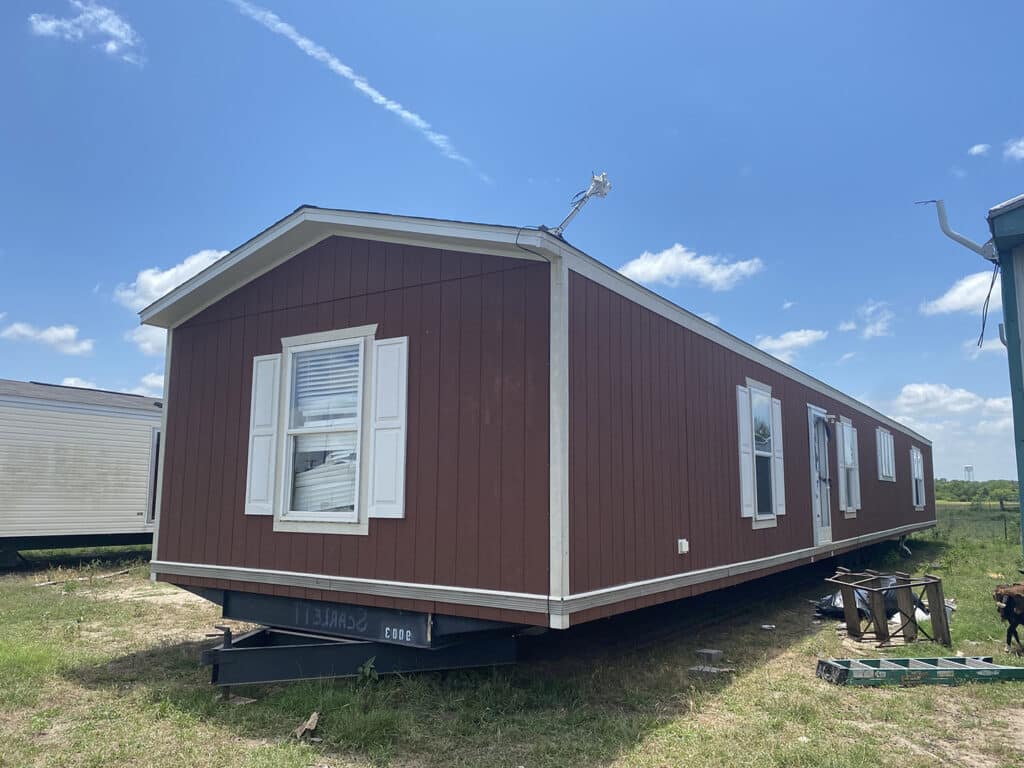
Selling a mobile home can be an exciting yet challenging journey. One key aspect of the process is identifying the right buyer. Assessing mobile home buyers is crucial to ensure a smooth, stress-free, and successful transaction. In this guide, we’ll walk you through practical steps to evaluate buyers and make confident decisions.
Why It’s Important to Assess Mobile Home Buyers
Before diving into the “how,” let’s explore why evaluating buyers matters. Selling a mobile home is more than just a financial transaction. It involves time, effort, and trust. Choosing the right buyer can help you:
- Avoid last-minute cancellations.
- Ensure timely payments.
- Save time and effort by working with serious buyers.
- Experience a smoother selling process.
Assessing buyers helps protect you from potential scams, misunderstandings, or delays that could derail the sale.
Step 1: Confirm Their Financial Capability
One of the first things to verify is whether the buyer can afford your mobile home. Financial capability is a critical factor that can make or break the deal.
Ask for Proof of Funds
Request documentation such as bank statements, loan pre-approval letters, or other evidence of their financial standing. Buyers serious about the purchase should have no problem providing this information.
Discuss Payment Methods
Clarify their preferred payment method. Are they paying in cash, using a loan, or relying on financing? Cash buyers are often preferred because they can close deals quickly without the complexities of loan approvals.
Step 2: Evaluate Their Intentions
Understanding a buyer’s motivations and intentions can help you gauge their level of interest and commitment.
Ask About Their Timeline
Find out how quickly they want to move forward. Buyers with a clear timeline are often more serious about completing the purchase.
Learn Their Purpose
Is the buyer planning to live in the mobile home, rent it out, or use it for another purpose? This can provide insight into their plans and whether they align with yours.
Step 3: Check Their Background
While it’s not always possible to conduct a deep background check, gathering basic information about the buyer can build trust and confidence.
Request Personal Information
Politely ask for identification and contact details. This simple step can help you verify their identity and ensure they are legitimate.
Check References
If the buyer has purchased properties in the past, consider asking for references from previous sellers. This can give you a sense of their reliability and integrity.
Step 4: Communicate Clearly and Frequently
Effective communication is the backbone of a successful transaction. Establishing clear lines of communication with potential buyers ensures everyone is on the same page.
Set Expectations Early
Outline the terms of the sale, including the asking price, timeline, and any conditions, such as repairs or inspections. This avoids misunderstandings later.
Gauge Their Responsiveness
Pay attention to how quickly they respond to your messages and how engaged they are in conversations. Serious buyers typically communicate promptly and thoughtfully.
Step 5: Understand Local Regulations
Mobile home sales often involve specific regulations, including zoning laws, title transfers, and inspection requirements. It’s important to ensure that buyers are aware of these rules to avoid complications later.
Discuss Title Transfers
Verify that the buyer understands the process for transferring ownership and is prepared to handle it. In most cases, this involves paperwork and coordination with local authorities.
Clarify Inspection Expectations
Some buyers may want an inspection before finalizing the sale. Be upfront about the condition of your mobile home to avoid surprises.
Step 6: Look for Red Flags
Identifying warning signs early can save you from potential issues down the road. Here are some red flags to watch for:
- Unrealistic Offers: Buyers who offer significantly less than your asking price without justification may not be serious.
- Lack of Documentation: Hesitation to provide financial or identification details could indicate a lack of credibility.
- Rushed Behavior: Buyers pushing for an unusually fast sale without proper communication might have hidden motives.
Step 7: Use a Written Agreement
A written agreement protects both you and the buyer by clearly outlining the terms of the sale. This step is especially important when selling a mobile home to avoid disputes.
Include Key Details
Make sure the agreement covers the price, payment terms, timeline, and any conditions, such as repairs or inclusions. Both parties should review and sign the document.
Work with Professionals
Consider hiring a real estate attorney or working with a mobile home expert to draft or review the agreement.
Step 8: Build Trust Through Transparency
Honesty goes a long way in creating a positive selling experience. Being transparent about your mobile home’s condition, history, and features builds trust with buyers.
Share Maintenance Records
Provide records of past repairs and maintenance to give buyers confidence in the property’s condition.
Highlight Unique Features
Showcase any special features or upgrades that add value to your mobile home. This can make it more appealing to buyers.
Step 9: Know When to Walk Away
Not every buyer will be the right fit, and that’s okay. If you notice red flags or feel uncomfortable, don’t hesitate to step back. Trust your instincts and prioritize finding a buyer who meets your expectations.
Final Thoughts
Assessing mobile home buyers is an essential step in ensuring a successful and stress-free sale. By confirming their financial capabilities, understanding their intentions, and communicating effectively, you can confidently navigate the process.
At Mobile Home Country, we understand the unique challenges of selling mobile homes. With the right strategies and preparation, you’ll find the perfect buyer who appreciates the value of your property and makes the transaction seamless. Good luck!

